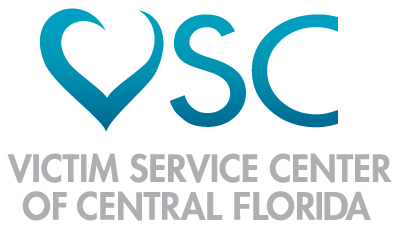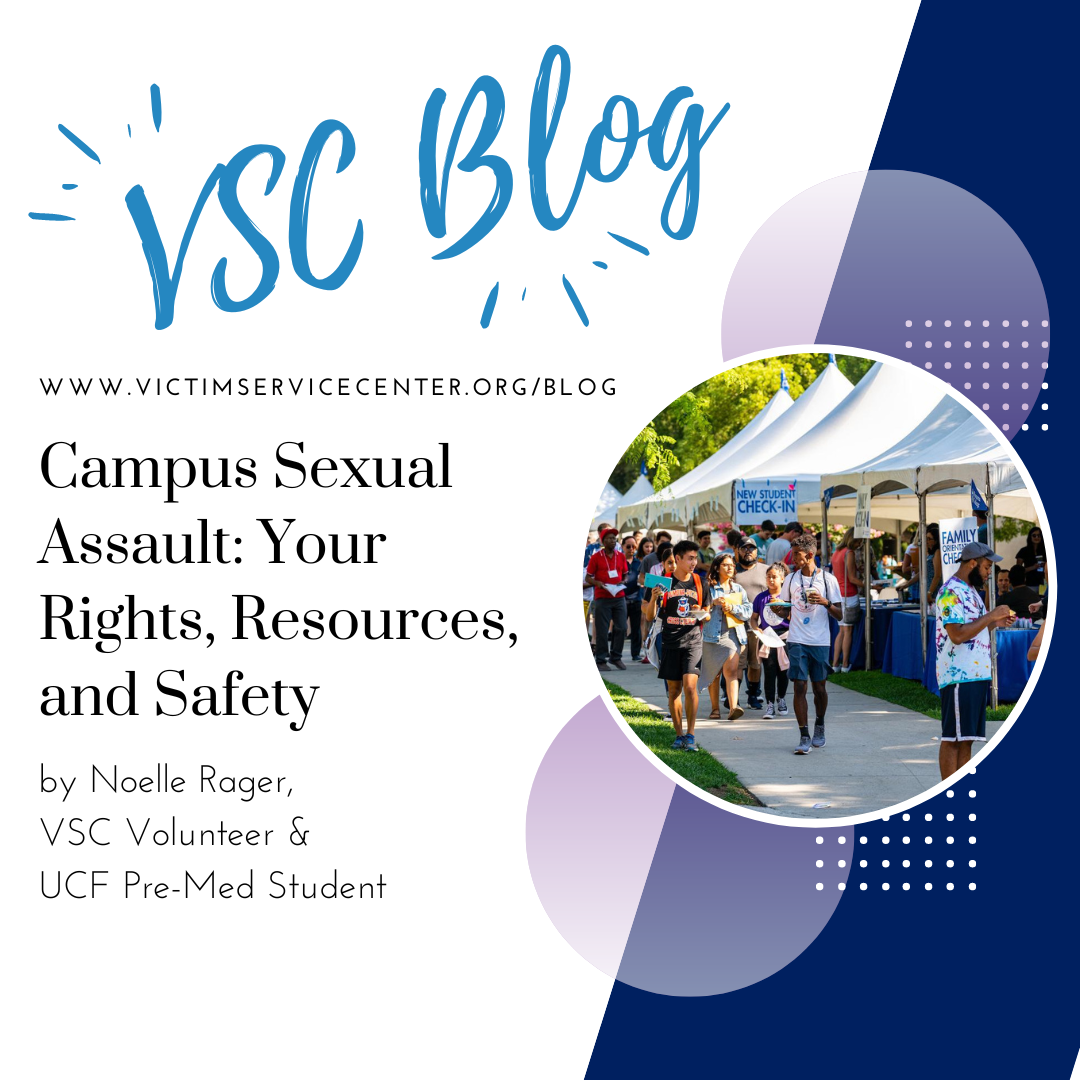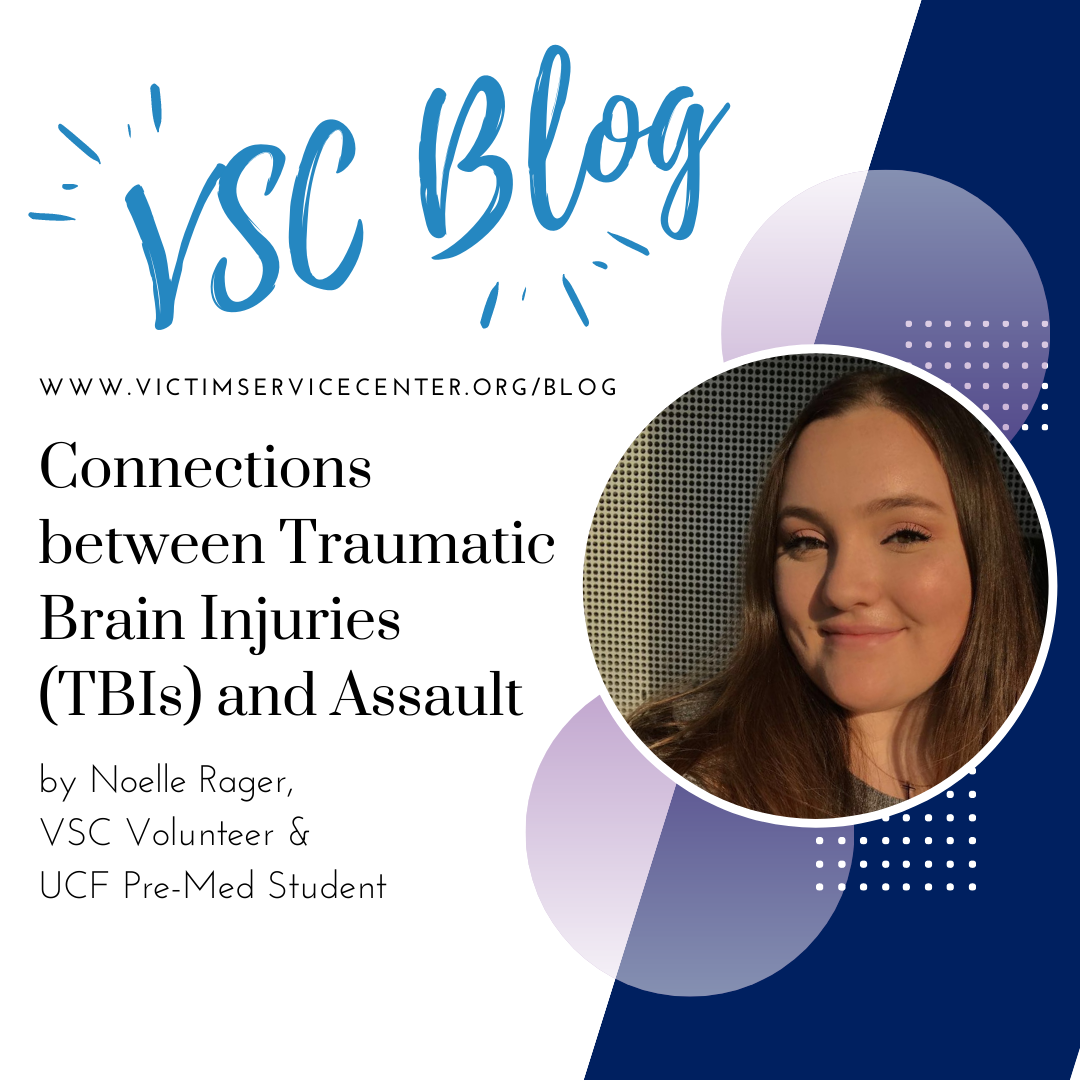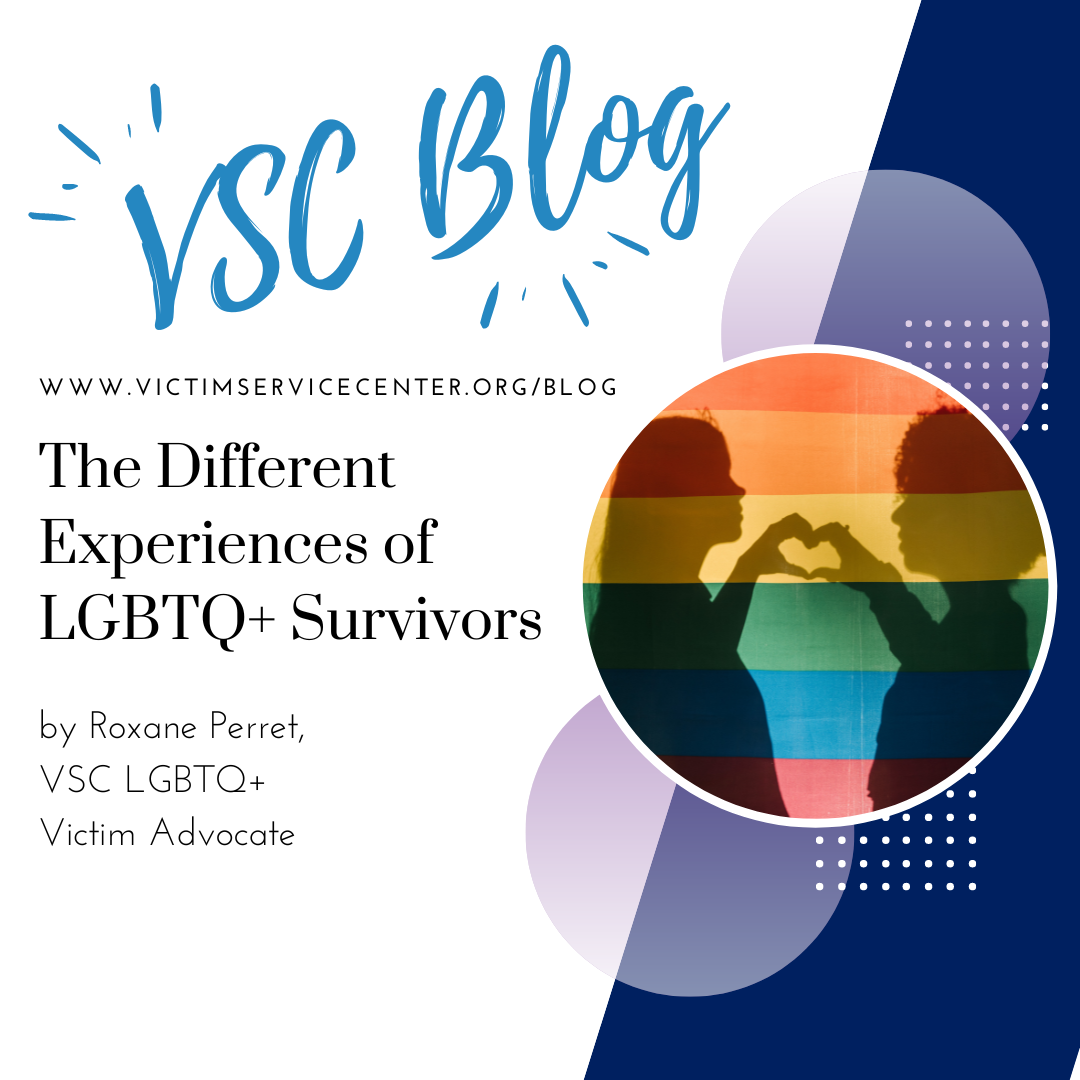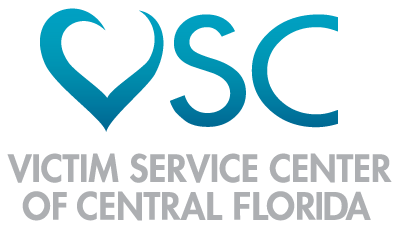 The Intersection of Domestic Violence and Sexual Assault
The Intersection of Domestic Violence and Sexual Assault
Written by: Orialis, VSC Crisis Counselor
Many victims are in an intimate relationship with their abuser. Sexual assault and domestic violence exist within the scope of oppression. It is how a perpetrator abuses power and control over a victim. A perpetrator can use a variety of violent and non-violent methods to take away a victim’s agency. These may include: violence, intimidation, emotional abuse, controlling money, making the victim feel like they are “crazy”, and sexual assault. The National Coalition Against Domestic Violence (FCADV) reports that about 15-25% of women are sexually assaulted by an intimate partner. Sexual violence is another way of controlling and taking away a person’s agency. Although some domestic violence victims have outward signs of abuse, many suffer abuse in other ways.
Sometimes the wounds of domestic and sexual violence are invisible. Victims of intimate partner violence are at a high risk for depression and anxiety. Ninety-four percent of women who are raped experience symptoms of post-traumatic stress disorder (PTSD) during the two weeks following the rape, and one third contemplate suicide.
One particularly dangerous aspect of domestic violence is the isolation that results from the victimization. As a way to control the victim, an abuser may not let the victim remain in contact with their friends or family. In some cases, the victim doesn’t even realize they have been isolated.
In my experience as a crisis counselor, many of my clients have stated that they didn’t seek help sooner because they were scared. Imagine that the person that is supposed to love and care for you is also the person hurting you the most. It can be a huge feat to trust others following this type of betrayal. When a victim fears that they will not be believed or if they are isolated from resources, they may be less likely to seek support. Many of my clients have been dealing with this silently for years before feeling safe enough to ask for help.
Oftentimes, our society does not believe that an individual can be a victim of sexual violence by their spouse or partner. As long as we continue this narrative and do not acknowledge the sexual violence between partners, we dismiss a huge portion of survivors. The link between sexual violence and domestic violence in undeniable.
For survivors, you are worthy. You are worth of understanding, empathy, and kindness. At the Victim Service Center, we are here to believe you and to help you. We want to walk alongside you through your journey. To make an appointment, please call 407-254-9415. If you need to speak with our crisis counselor, please call 407-500-HEAL.
